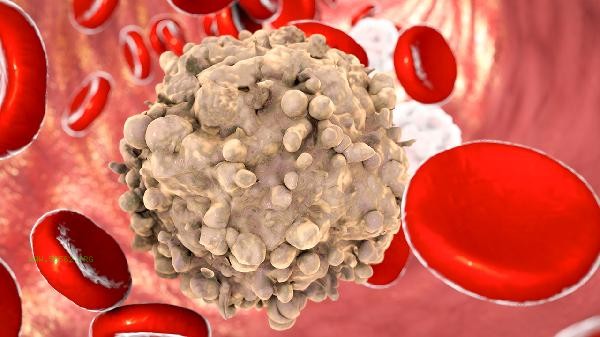Elevated white blood cell count in blood routine may be caused by infection, inflammatory response, stress state, hematological disorders, or drug factors, and further analysis is needed in combination with clinical manifestations.
1. Infection factors:

Bacterial infections are the most common cause, such as respiratory infections caused by Streptococcus pneumoniae and urinary system infections caused by Escherichia coli. In the early stages of viral infection, there may also be a brief increase in white blood cells, but it is usually accompanied by an increase in the proportion of lymphocytes. Parasitic infections such as malaria and ascariasis can stimulate an increase in eosinophils, manifested as an increase in the total number of white blood cells.
2. Inflammatory response:
Non infectious inflammations such as rheumatoid arthritis, systemic lupus erythematosus, and other autoimmune diseases can activate the immune system to release inflammatory factors. Organizational injuries such as burns, post-operative trauma, and ischemic diseases such as acute myocardial infarction can cause an increase in white blood cell reactivity.
3. Stress state: Within 24 hours after intense exercise, white blood cells can increase by 50%, and the physiological increase in the middle and late stages of pregnancy is about 30%. Emotional tension, pain stimuli, and other stress responses can stimulate the secretion of adrenal cortex hormones, leading to the release of white blood cells from the marginal pool into the bloodstream.

4. Hematological disorders:
Leukemia patients have abnormal bone marrow proliferation, which leads to a significant increase in white blood cells. Chronic myeloid leukemia can have a white blood cell count exceeding 100 × 10 ⁹/L. Bone marrow proliferative tumors such as polycythemia vera and primary thrombocytosis are often accompanied by an increase in white blood cells.
5. Drug effects:
Corticosteroid drugs can promote the release of neutrophils from the bone marrow, while lithium salt treatment may cause persistent leukocytosis. Adrenergic drugs release stored white blood cells by contracting the spleen, causing a brief increase in test values. When an increase in white blood cells is detected, it is recommended to recheck the blood routine to rule out testing errors and observe whether there are accompanying symptoms of infection such as fever, sore throat, and frequent urination. Pay attention to maintaining sufficient sleep and avoiding overwork in daily life; Diet can moderately increase the intake of citrus fruits, kiwis, and other foods rich in vitamin C to enhance immunity; Long term use of hormone drugs requires regular monitoring of blood tests. If the white blood cell count continues to be higher than 15 × 10 ⁹/L or accompanied by anemia and bleeding tendency, it is necessary to seek timely medical attention from the hematology department to complete bone marrow puncture and other examinations.









Comments (0)
Leave a Comment
No comments yet
Be the first to share your thoughts!